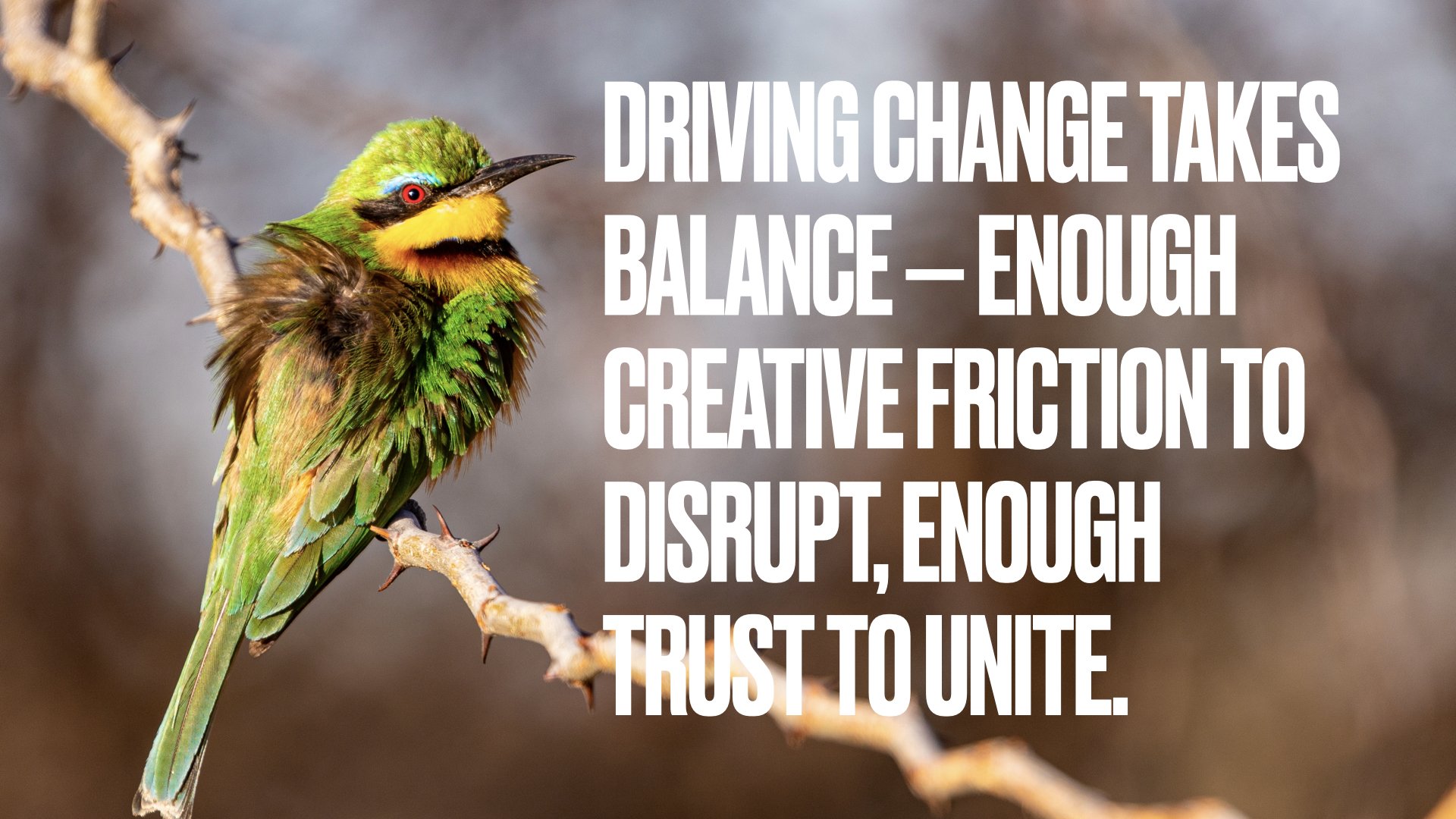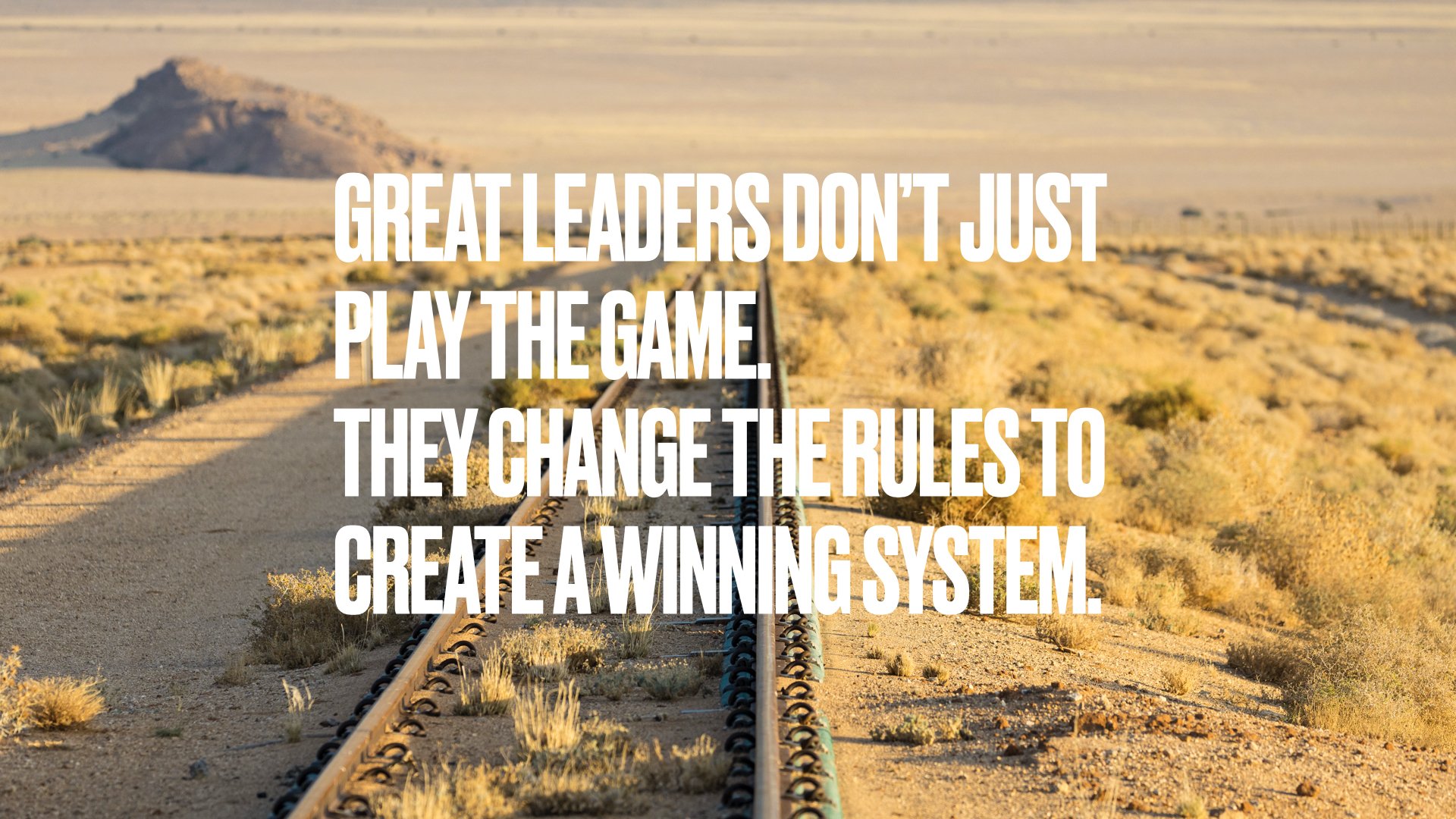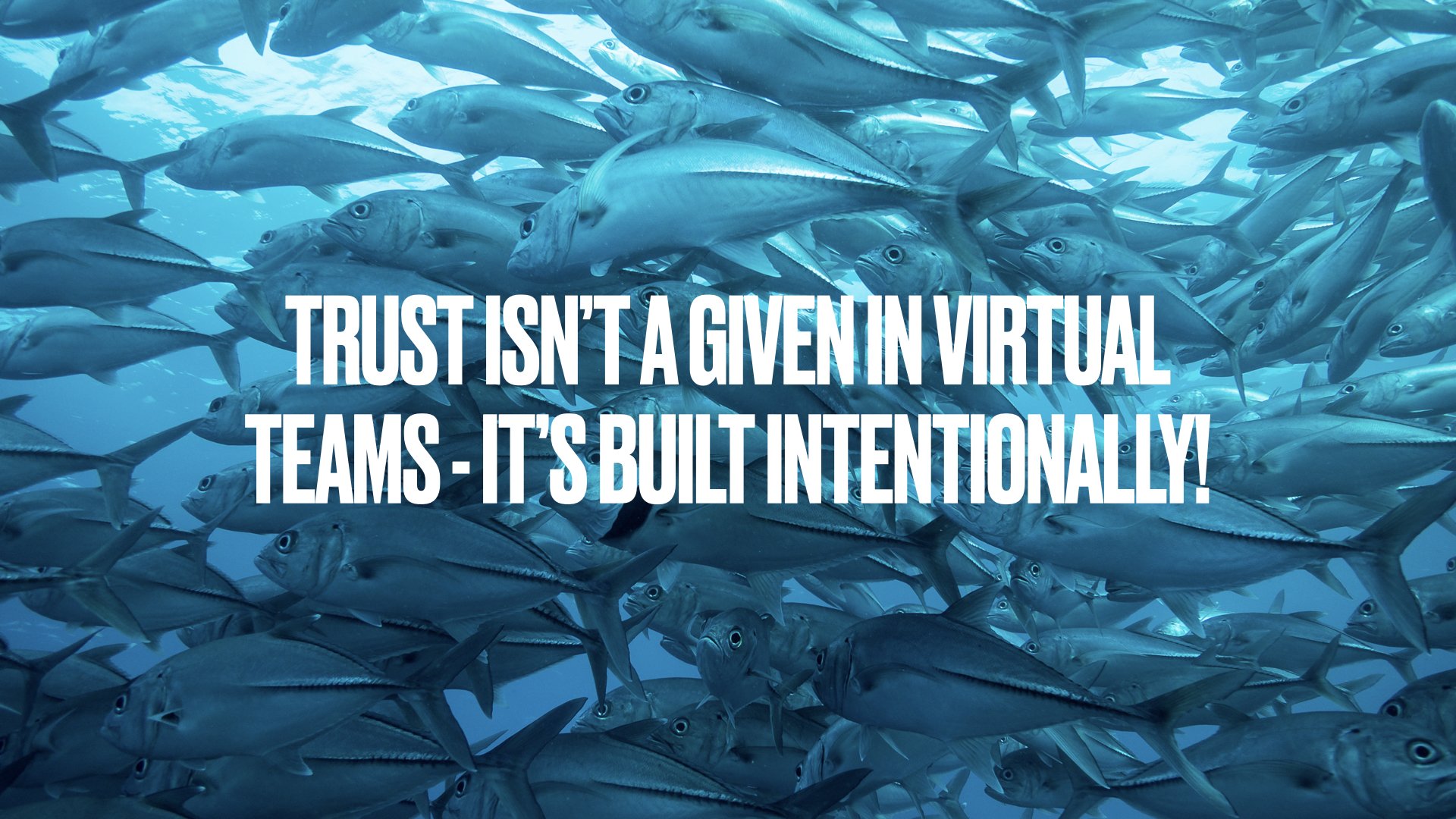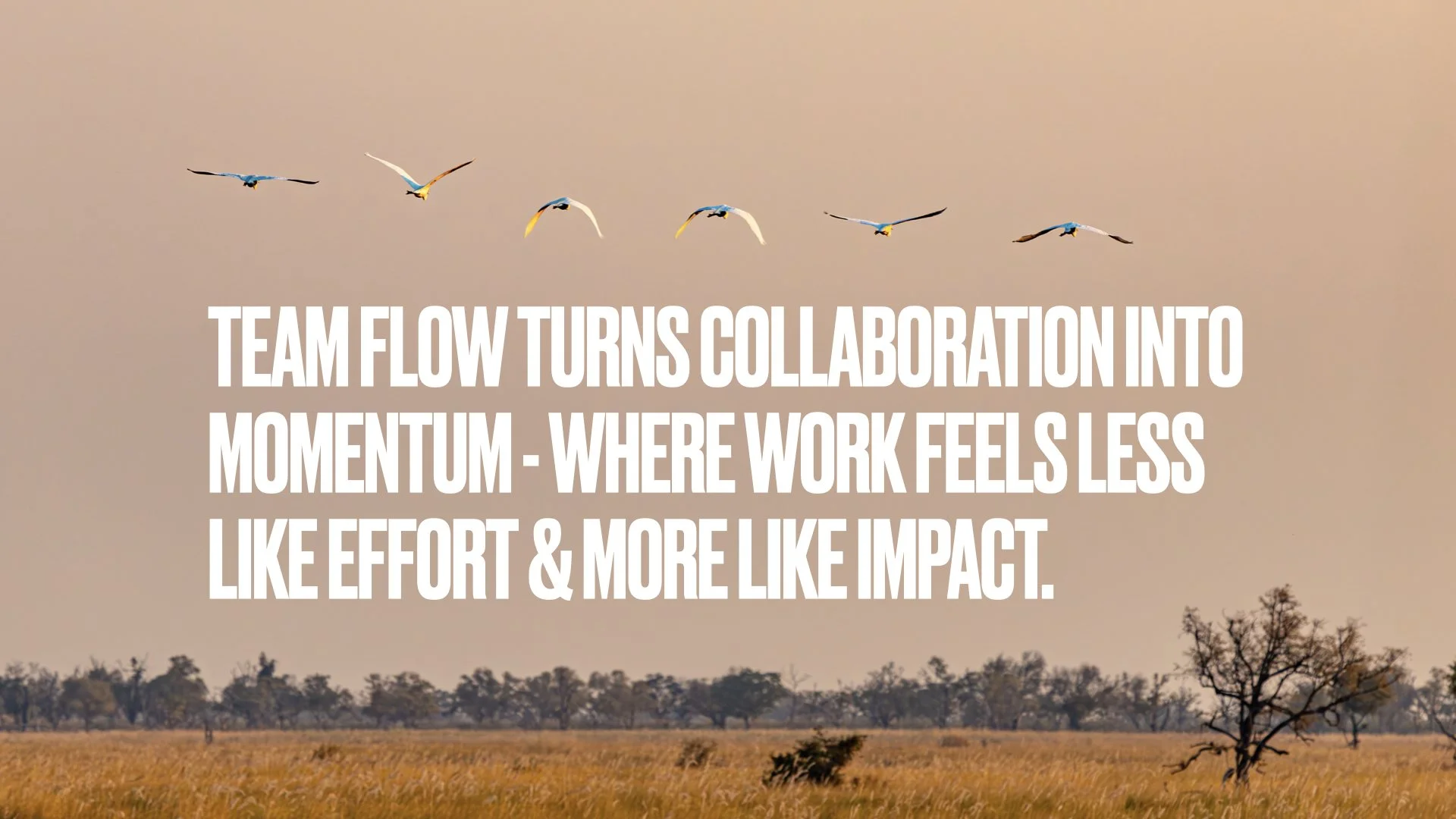
Ignition | Where ideas ignite, fueling inspiration, leadership & transformation

Optimism in Leadership: More Than a Mindset – It’s a Strategy
Optimism in Leadership: Why It’s More Than a Mindset
In a world shaped by uncertainty, optimism isn’t naive — it’s essential. Forward-thinking leaders know that cultivating a positive, resilient mindset can transform how teams respond to challenges, collaborate, and grow.
This article explores how optimism can be learned, practiced, and embedded into your team culture — one conversation, one habit, one mindset shift at a time.

When Fear Takes Over, the Future Shuts Down
In times of uncertainty, imagination — our most human and strategic asset — is often the first thing to disappear. Yet it’s exactly what businesses need to innovate and adapt.
This blog post explores why pressure shuts down future thinking, what future competence really means, and how leaders can create the conditions for imagination, innovation, and long-term vision to thrive.

Why Innovation Needs More Than Psychological Safety — The Missing Ingredient on Your Team Might Be Honest Disagreement
Psychological safety is essential — but it’s not the full story.
We’ve long been told that teams innovate best when people feel safe to speak up. But what if that safety leads to silence? What if your team is comfortable — too comfortable — to challenge ideas or question decisions?
The truth is, innovation requires more than a safe space. It requires honest disagreement.
The kind that pushes thinking forward without pushing people away. The kind that challenges the status quo while preserving trust. In this post, we’ll explore why intellectual honesty — not just psychological safety — is the secret ingredient behind breakthrough ideas, bold decisions, and high-performing teams.

Beyond Trends: Why Companies Need a New Self-Concept to Shape the Future
In today’s fast-moving world, following trends isn’t enough.
To stay truly innovative, companies must understand the tension between trends and counter-trends — and use it as a springboard for transformative thinking.
This article explores why businesses need a new self-concept to move from reactive followers to proactive future-shapers.

The Game Plays Its Players – But Great Leaders Rewrite the Rules
Why do organizations often stay the same, even when new leaders, fresh teams, and bold strategies are introduced? Because “the game plays its players.”
Systems shape behavior more than individuals do. No matter how talented or motivated employees are, they will adapt to the structures, incentives, and norms around them—just like players in a game. Great leaders don’t just manage people; they redesign the game to unlock potential.
In this post, we explore how leaders can drive real transformation by shifting from controlling behavior to creating environments where success happens naturally. Ready to change the game?

Why Traditional Incentives Kill Motivation (And What Works Instead)
Many companies rely on bonuses, rewards, and penalties to drive performance. While these incentives can create short-term results, research shows they often backfire, leading to lower engagement, less creativity, and decreased motivation over time.
The key to lasting motivation lies in fostering autonomy, competence, and purpose—not just offering financial rewards. In this blog, we explore why traditional incentives fail and what companies should do instead to create a workplace where employees feel empowered, engaged, and motivated to excel.
Want to learn how to build real motivation in your team? Read the full article now!

Building Trust in Virtual Teams: A Proven 4-Step Framework
Trust is the foundation of successful virtual teams—but without face-to-face interactions, it doesn’t happen naturally. How can remote teams build strong, reliable trust that enhances collaboration and performance?
In this blog, we explore a 4-step framework that helps virtual teams foster trust, boost engagement, and avoid common pitfalls like miscommunication and disengagement.
Ready to build a high-trust virtual team? Dive into the full article now!

Trust vs. Control: The Return-to-Office Myth—Busted!
Many companies still believe that forcing employees back into the office boosts productivity and financial performance. But research proves otherwise. Studies from the University of Pittsburgh and Stanford’s Nicholas Bloom show that strict RTO policies have no impact on financial performance—but they do harm employee satisfaction and retention.
So why do companies keep pushing for control? Often, it’s an illusion of productivity or a lack of trust in teams. But the smarter approach is clear: trust reduces complexity, saves costs, and fosters accountability. Instead of tracking office attendance, high-performing organizations focus on outcomes—not hours.

Unlocking Team Flow: The Secret to Peak Performance
What if your team could work together so seamlessly that productivity felt effortless? Team Flow is the key to high-performing teams, seamless collaboration, and breakthrough innovation. In this blog post, we explore how to create the perfect conditions for Team Flow—through shared goals, complementary skills, open communication, and psychological safety.
Discover real-world examples and practical strategies to transform your team’s dynamics and achieve peak performance with ease.

The Power of Unexpected Encounters: Why Weak Ties Create Big Opportunities
We often believe that success comes from carefully built relationships with close colleagues and trusted connections. But what if the biggest opportunities actually come from unexpected encounters and weak ties—those casual acquaintances and spontaneous conversations that introduce us to fresh ideas?
In this blog post, we explore why serendipitous networking plays a crucial role in innovation, career growth, and new opportunities. Learn how staying open to new connections can unlock unexpected doors and how you can actively create more of these chance encounters.
Read more to discover why your next big opportunity might come from the person you least expect!
